International Advisory Board
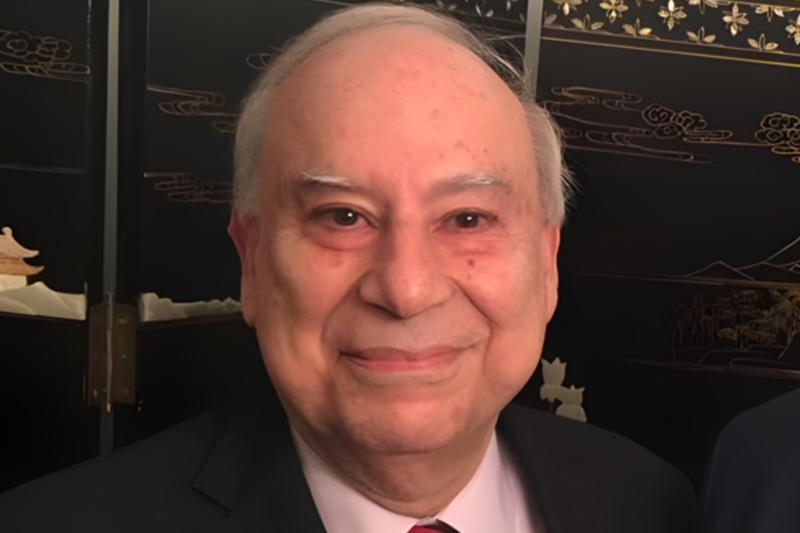
Ambassador Akbar Ahmed is Distinguished Professor and the Ibn Khaldun Chair of Islamic Studies at American University and a Wilson Center Global Fellow in Washington, D.C. He was Pakistan High Commissioner to the UK and Ireland.
Highlights from the past four decades of Ahmed’s academic career include appointments such as: Nonresident Senior Fellow at the Brookings Institution; the First Distinguished Chair of Middle East and Islamic Studies at the U.S. Naval Academy in Annapolis, MD; the Iqbal Fellow and Fellow of Selwyn College at the University of Cambridge (Iqbal Chair of Pakistan Studies); and teaching positions at Harvard and Princeton Universities.
He is author of more than a dozen award-winning books including Journey into Islam: The Crisis of Globalization (2007), Journey into America: The Challenge of Islam (2010), and The Thistle and the Drone: How America's War on Terror Became a Global War on Tribal Islam (2013), all published by Brookings.
His Journey into Europe: Islam, Immigration and Identity was published in 2018 and, like the other books in the Journeys series, has been made into a documentary film.
Named by the BBC as ‘the world’s leading authority on contemporary Islam’, his work as playwright and poet has been broadcast and performed around the globe.
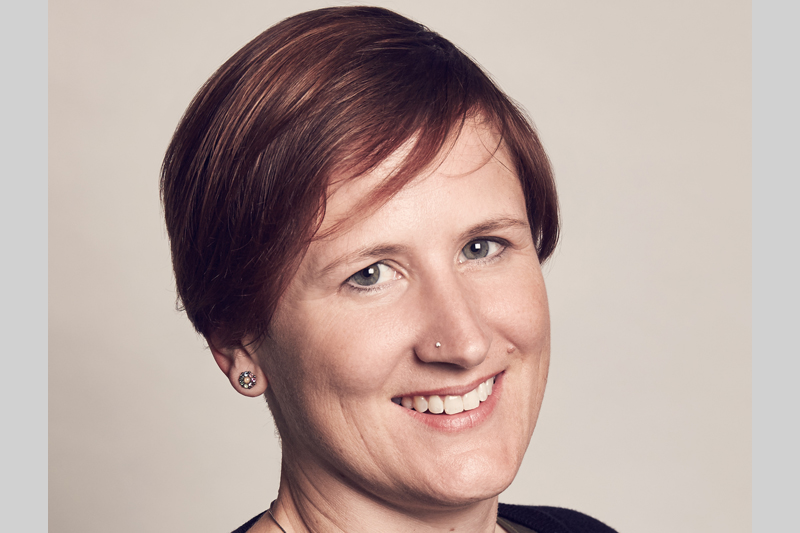
Julie Broome has been Director of Ariadne, a network of European human rights and social change funders, since 2016. She has over 20 years of experience in the non-profit and philanthropic sectors, with a particular focus on human rights and transitional justice.
She served as Director of Programmes at the Sigrid Rausing Trust, where she oversaw grantmaking to human rights organisations in Europe, Africa, the Middle East, and the Americas, and previously managed technical rule of law assistance programmes in Central and Eastern Europe and Eurasia with the CEELI Institute in Prague and the American Bar Association’s Rule of Law Initiative. She holds a PhD in Politics and International Studies from the School of Oriental and African Studies at the University of London, an LLM in International Human Rights Law from the University of Essex, an MA in International Studies from the University of Washington, and a BA from Sarah Lawrence College. She has an interest in bridging research and practice and is currently the chair of the advisory board of the Human Rights Data Analysis Group. She is also an independent board member of the Civil Liberties Union for Europe.
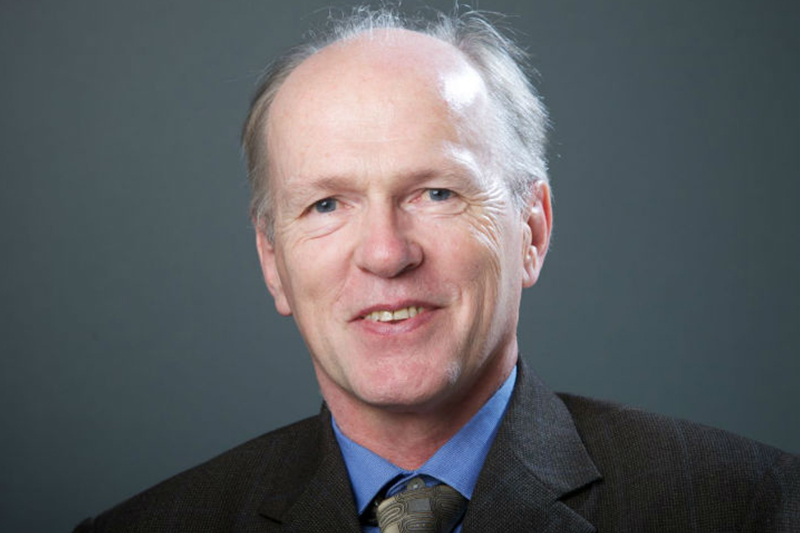
John McGarry O.C., F.R.S.C. is the Samuel Gyimah Distinguished University Professor of Political Studies at Queen’s University, Kingston, Canada. He has also been a three-term Tier I Canada Research Chair.
He has authored, co-authored, and edited fourteen books on ethnic conflict and conflict resolution, and over 80 journal articles and book chapters. McGarry’s work has had an important public policy focus and impact. He has testified as an expert witness in the US Congress and in 2008 was appointed as the first ever "Senior Advisor on Power-Sharing" to the United Nations (Mediation Support Unit). He has advised the UN on a range of conflicts around the world, including Cyprus, Iraq, Kenya, the Philippines, Western Sahara, and Yemen. McGarry was elected a Fellow of the Royal Society of Canada in 2010 and appointed an Officer of the Order of Canada in 2016. He has been awarded the Trudeau Fellowship Prize (2011), the Killam Prize (Social Sciences), the Innis-Gérin Medal of the Royal Society of Canada (2014), the Molson Prize (2016) and the Distinguished Scholar Award from the International Studies Association (2017). He is the winner of Canada’s Pearson Peace Medal (2022), following in the footsteps of Romeo Dallaire, Beverly McLachlin and Louise Arbour.
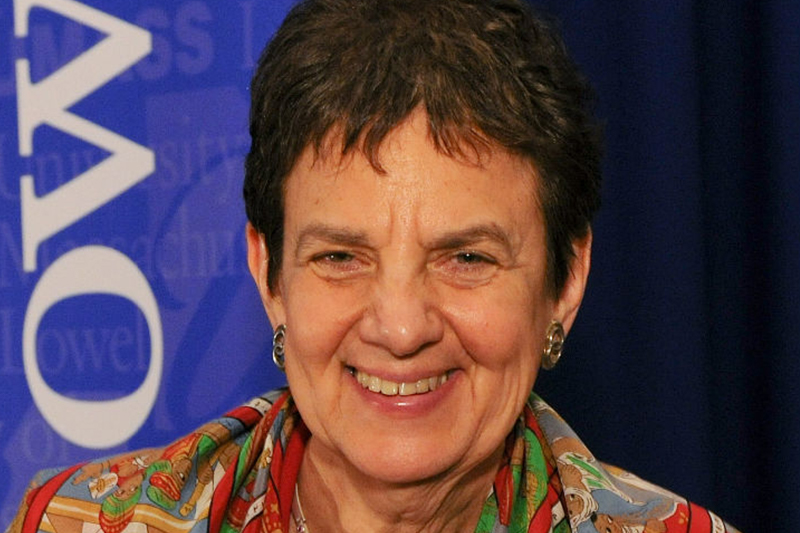
Paula M. Rayman is Founding Director of the Peace and Conflict Studies Program at the University of Massachusetts Lowell, Senior Fellow at the UMass Boston Center for Peace, Democracy and Development and Research Professor of the UMB Department of Conflict Resolution, Human Security and Global Governance.
She is Chair of the Advisory Board for the SEA (STEM Equity Awards) Change Project of the American Association for the Advancement of Science.
Her numerous research publications focus on issues of gender justice in conflict arenas and nonviolent social change movements especially in the Middle East region. She is co-editor of the forthcoming book, Recognition as Key for Reconciliation: Israel/Palestine and Beyond (Brill).
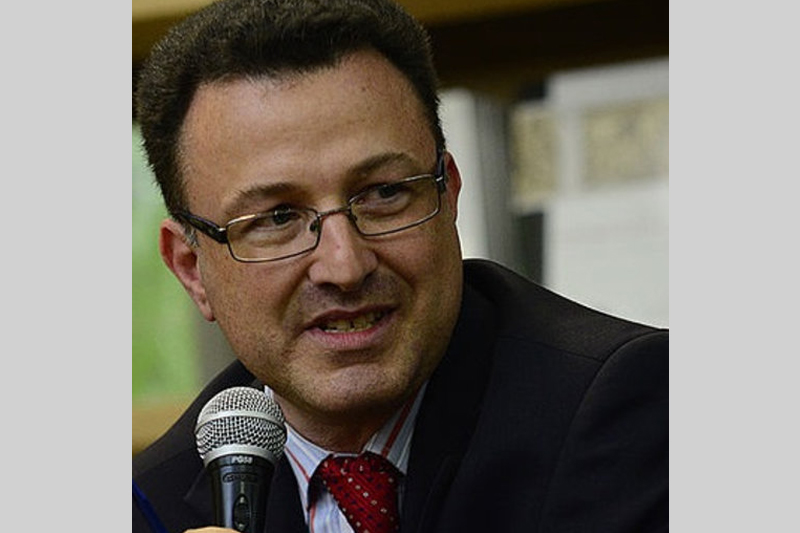
Dr Carlo Tognato is currently Faculty Fellow at the Center for Cultural Sociology at Yale University. Prior to returning to the US in 2019, he was for over a decade Associate Professor of Sociology and Director of the Center for Social Studies at the National University of Colombia, Bogota.
He also directed a World Bank commissioned project on reparations to minorities in 7 Latin American countries. Since 2014 his research has almost exclusively focused on civil reconstruction and civil degradation and has taken a more interventive and public turn. His latest publications have addressed the cultivation of civil courage (The Courage for Civil Repair: Narrating the Righteous in International Migration, Palgrave-Macmillan, New York, with Nadya Jaworsky and Jeffrey Alexander, 2020), civil dynamics in Latin America (The Civil Sphere in Latin America, Cambridge University Press, 2018, with Jeff Alexander; and Sociedad, cultura y esfera civil: Una agenda de sociología cultural, FLACSO Mexico, 2019, with Nelson Arteaga Botello), and the influence of culture in urban policy, with a special emphasis on violence reduction (Cultural Agency Reloaded: The Legacy of Antanas Mockus, The President and Fellows of Harvard College, 2017).
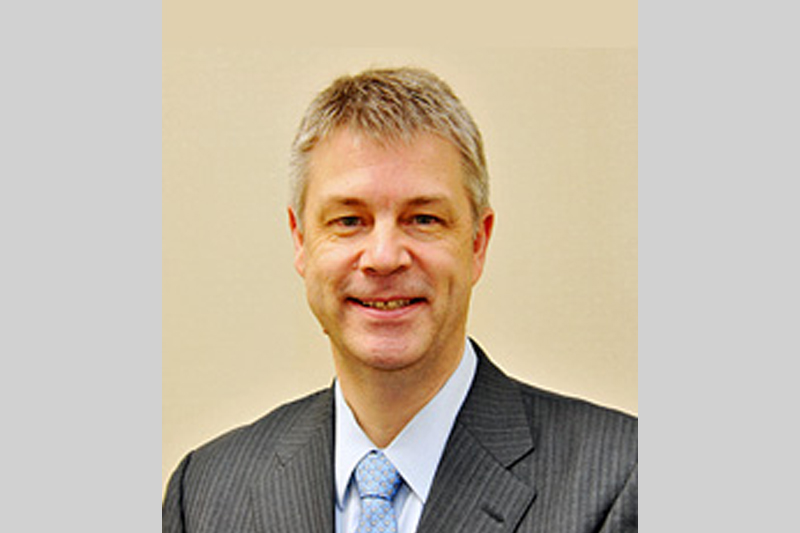
Dr Olivier Urbain is currently the director of the Min-On Music Research Institute (MOMRI) in Tokyo, dedicated to a multidisciplinary and global investigation of the potential application of music in peacebuilding (MinPB) activities.
He is adjunct faculty at the Soka University Graduate School of International Peace Studies (SIPS) where he teaches courses on peace theories and MinPB. He is a member of the board of the International Peace Research Association Foundation (IPRAF). He has a PhD in Literature from the University of Southern California, USA (1990) and in Peace Studies from the University of Bradford, UK (2009).
His current research focuses on relational changes, in particular the impact of both musicking and philosophies that emphasize inner transformation on human relationships. Publications as a single author include Daisaku Ikeda’s Philosophy of Peace (2010), and as editor Daisaku Ikeda and Dialogue for Peace (2013), A Forum for Peace (2014), Music and Conflict Transformation (2008), Music and Solidarity (2011), and Music Power and Liberty (2016).
He is a firm believer in the future of collaborative research and Open Access publications, and together with MOMRI he has established the first interactive online space entirely dedicated to MinPB where one has free access to an online Library, Directory, Resources and more.
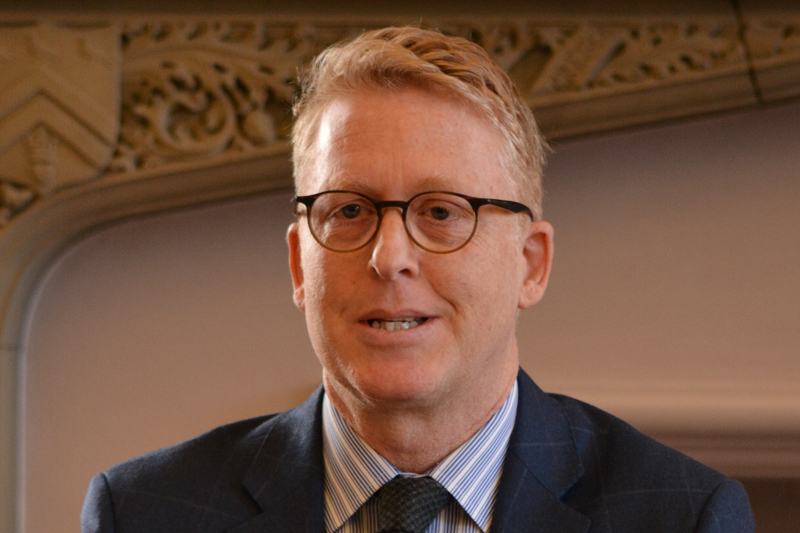
Dr. Richard Ashby Wilson is a Board of Trustees Professor of Law and Anthropology and the Gladstein Chair of Human Rights at the University of Connecticut School of Law.
He is the author or editor of 11 books and over 50 articles on transitional justice, international human rights, and hate speech, and his latest book is Incitement on Trial: Prosecuting International Speech Crimes. In 2021, he was appointed by the governor of the state of Connecticut to the Hate Crimes Advisory Council to examine new measures to combat hate crimes. He is currently researching the challenges in reporting, investigating, and prosecuting bias-motivated crimes in the United States and elsewhere.
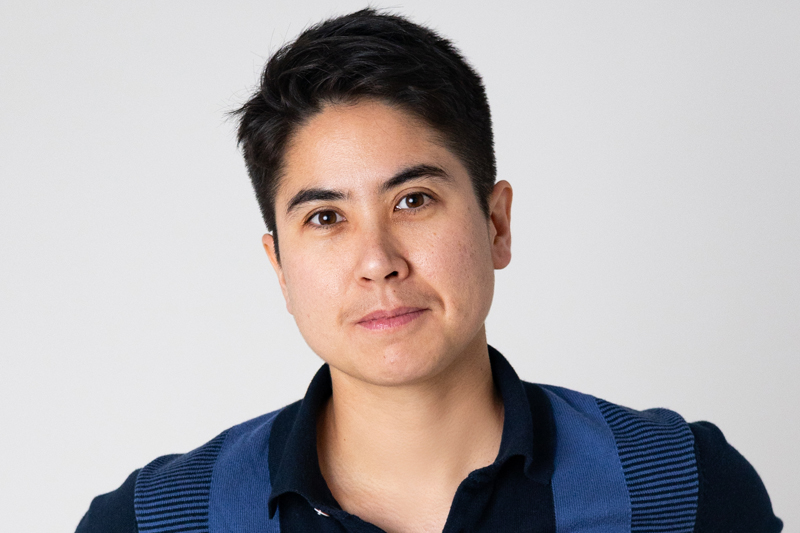
Dr Kei Yoshida is an international human rights lawyer and qualified barrister in England and Wales and the Republic of Ireland. They are currently a senior legal advisor at the Center for Reproductive Rights, and an associate tenant at Doughty Street Chambers.
Prior to joining the Center, they worked as a barrister at Doughty Street Chambers on landmark cases on women´s rights, and LGBTQ+ rights. Kei is the co-editor of Feminist Conversations on Peace (BUP, 2022) and co-author with Jennifer Robinson of Silenced Women (Octopus 2023). Kei has published academic articles in the European Human Rights Law Review, International Affairs and Human Rights Quarterly and led the FCDO funded project on gender, conflict and environmental peace. Kei was previously an advisory board member of the Center for Women, Peace and Security, London School of Economics and Political Science. Kei grew up in Holywood, Co. Down.
